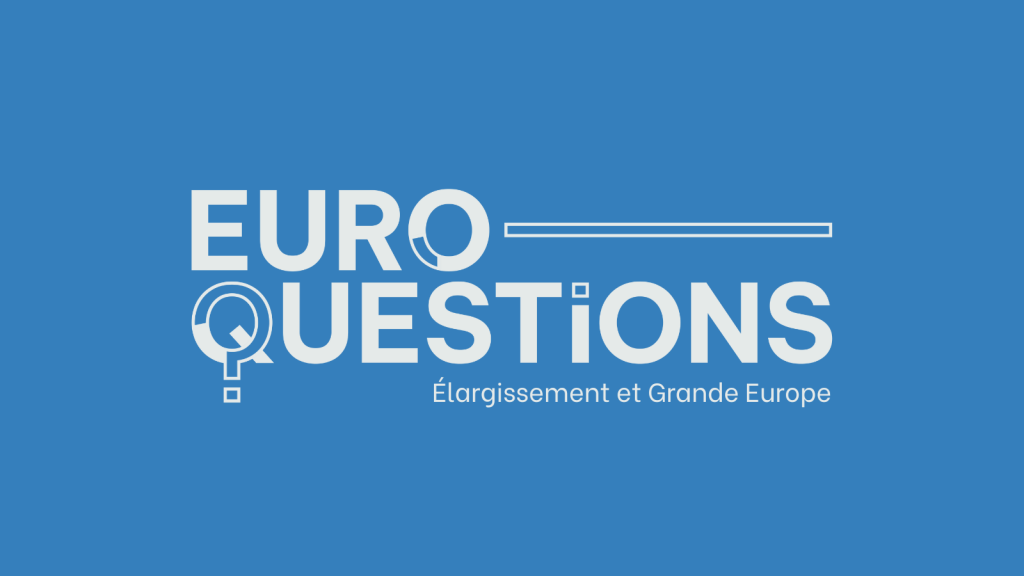[FR] Euroquestions #66 | Between the Slovak and Polish elections, where is Central Europe headed?

Following the elections on 30 September, Slovakia could see Robert Fico return to power after his defeat in 2020 amid allegations of corruption and even criminal conspiracy, and following a mobilisation of civil society on a scale not seen since 1989, which called for ‘clean’ politics and a pro-European sentiment that contrasted sharply with the prevailing political mood within the ‘Visegrad Group’. His SMER-SD party (officially social democratic, but increasingly similar in many respects to Poland’s PiS or Hungary’s Fidesz) won with around 23% of the vote, ahead of the liberal Progressive Slovakia (PS) party, which came second with nearly 18%.
On the Polish side, voters are called to renew their representatives on 15 October. The PiS party, in power since 2015, is gambling on staying in power for a third consecutive term. Losing momentum, the PiS is trying to maximise its chances by combining the election with four referendums, tailor-made to mobilise its electorate and hamper the opposition: on the sale of state assets to foreign entities, on the retirement age, on the border with Belarus and on procedures for relocating migrants. The PiS is leading in the polls, but not by enough to secure an absolute majority. The crucial question will therefore be what alliances can be formed within the Sejm, with several parties unsure of whether they will pass the threshold required for parliamentary representation.
What impact will these two elections have on the Visegrad Group and the European Union? What effects can we expect on key European issues, such as support for Ukraine? Do these two elections set the tone for the political sequence that will culminate in the European elections in June 2024?
We are pleased to welcome Lukas Macek, Head of the Greater Europe Centre.

